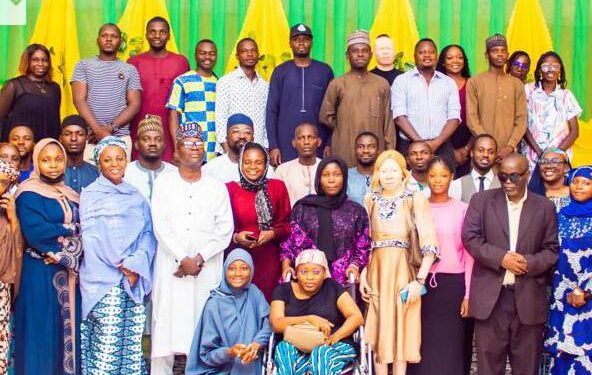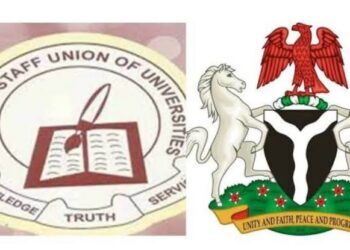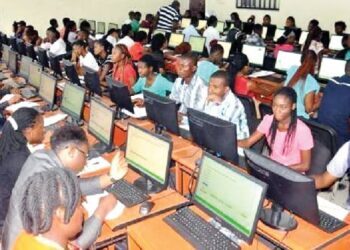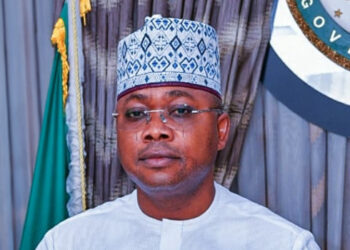By Abubakar Yunusa
A non-governmental education organization, Beta Nigeria, has called on the government to urgently increase budgetary allocations for the education sector to secure the country’s future.
Beta Nigeria made the call at a roundtable discussion with civil society organizations, journalists, and other key stakeholders to amplify the demand for educational reform in Abuja.
The NGO noted that investments in education will translate to the creation of a skilled workforce, economic growth, and innovation in the long term for the country.
Speaking with journalists on the sidelines of the event, the National Lead for Beta Nigeria, Abdulsalam Badamasi, stated that the organization will engage the governments at all levels in ensuring that the menace of out-of-school children is tackled.
“We are expanding the framing in the education conversation; we are bringing in new voices, and in the process of bringing in new voices who are going to ensure that part of it,” he said.
“We call on our politicians, service providers, agencies, and parents to come together to see how they can increase the certain level of commitment and investment in education.
“We believe that once that increased investment is realized in education, then most of the problems and issues in education can be resolved.
Speaking on inclusivity, he said, “Our campaign is going to be very inclusive and is going to factor in the voices of persons with disabilities, the voices of women, and also, of course, the voices of anybody that cares about education.
“The roundtables culminated Beta Nigeria’s first efforts, launched in January 2024, proving there was public interest in the initiatives and its potential to revitalize the Nigerian education system.
“Our dynamic, youthful population is full of potential,” emphasized the group’s declaration developed during the roundtables, “but the crisis in our education system means millions face a bleak future. When all of Nigeria’s children are going to school, staying in school, and learning more, we will build a more resilient, more secure, more prosperous country.”
Also, the former Special Adviser to President Muhammadu Buhari on Social Investment, Maryam Uwais, emphasized the importance of advocacy because many issues regarding education relate to behavioral change.
According to her, people need to change their approach towards convincing parents, communities, religious, or faith-based leaders to engage with the value of formal education.
“I think this is a very good effort, and nothing is too much to get all our children back into school,” she said.
Speaking on out-of-school children, she explained that, “We need to find the words, sensitivities that culture, we need to bring it into our advocacy and campaign to engage with them and make them understand that it’s just a different kind of education that is critical for their children to grow and thrive in today’s world.
“Today’s context insists that we must have numeracy and the alphabets and a good understanding of that if we are going to even have skills.
“We need to sell our products in the market. If we leave the children to just one form of education, then they are going to be the ones that have been left behind, and there’s just so much more to formal education.
“The children grow networks, they have people to fall back on, they learn hygiene, they learn about nutrition, there’s so much more.”











